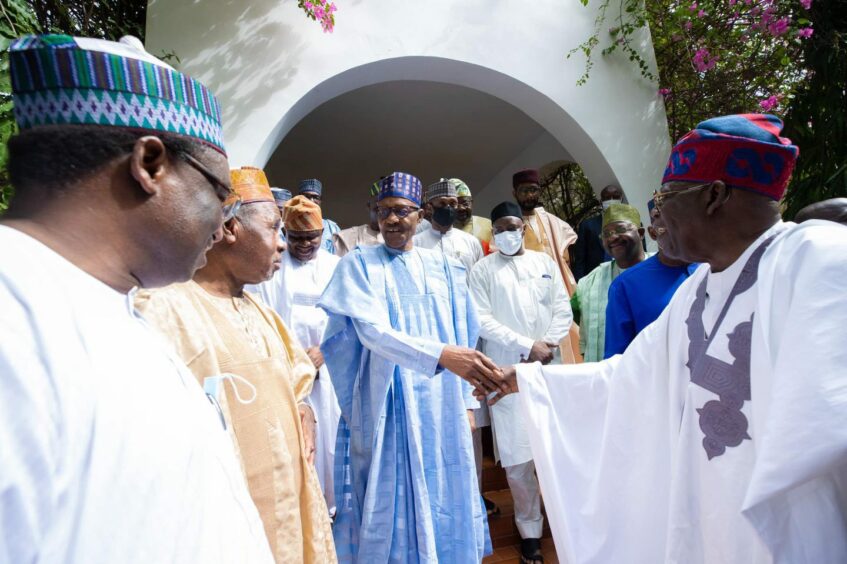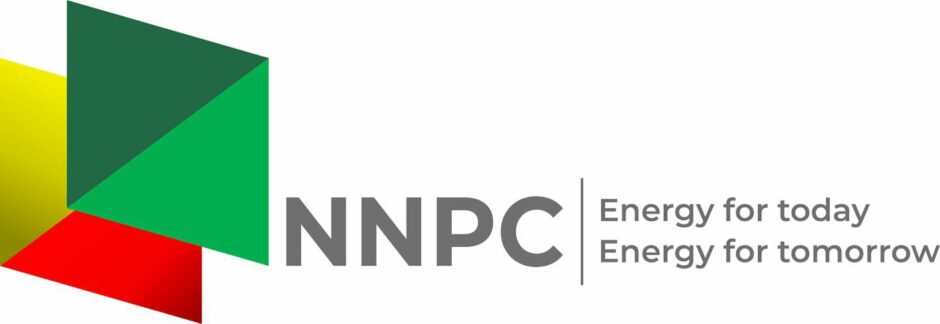
Nigerian National Petroleum Corp. (NNPC) has held a glitzy ceremony celebrating its relaunch as a limited company and a newfound sense of independence.
An array of high-ranking Nigerian government officials attended the event, led by President Muhammadu Buhari.
It “heralds a new beginning for the energy industry in Nigeria,” said NNPC head Mele Kyari. “This is a new day, a new hope and a new opportunity to upscale our relevance as Africa’s largest energy company.”
NNPC will work to develop natural gas, Kyari said. It also plans to increase its retail stations from 547 to more than 1,500 within the next six months.
The executive also talked of the importance of partnerships. NNPC aims to be the “global partner of choice”. Kyari has told local media that NNPC aims to begin working on IPO plans in mid-2023.
Buhari noted his role in the formation of NNPC in 1977 and his signing of the Petroleum Industry Act (PIA) in 2021.
The PIA, he said, has given the Nigerian oil industry a “new impetus, transparent governance, enhanced legislation and independent national oil company, that will operate without relying on government funding and free from institutional regulations”.
NNPC will conduct itself in line with international best practices, he said. The new limited company is “Africa’s latest largest national oil company to date”.
NNPC is mandated to ensure Nigeria’s energy security is guaranteed and support growth across the economy, he continued.
Freewheeling
The African Energy Chamber (AEC) said the establishment of NNPC as a limited company would see it assume control for major decisions. These had previously required Federal Executive Council (FEC).
“The strategic importance of this transition will allow Nigeria’s petroleum industry to uphold the highest levels of professionalism and innovation while allowing the company to operate in strategic engagements globally,” said AEC chairman NJ Ayuk.
“NNPC and Nigeria will now be able to more nimbly, transparently, and efficiently take advantage of its hydrocarbons and natural resources to bring more value and wealth to the country and its people.”
Matthew Bey, senior global analyst at RANE, the Risk Assistance Network + Exchange, downplayed the changes from a practical standpoint.
“Nigeria hopes that the new NNPC will become more efficient and profitable, enabling Nigeria’s oil sector to best adapt to a changing environment globally when it comes to the energy transition and to help NNPC and other domestic Nigerian companies manage domestic reserves like onshore reserves,” Bey said.
There are a number of continuing constraints on NNPC, he continued. These include “domestic political pressure on the company, corruption through the economy and technological constraints beyond onshore assets”.
Bey went on to say international companies would continue to play a critical role in developing deepwater assets.
“Such projects require the technical expertise and immense financial resources that only international companies like ExxonMobil, Shell, and TotalEnergies possess. For the Nigerian government, deepwater production will continue to become more important as a share of its overall production,” he said.
Retail politics
Nigeria is in the process of a presidential election, due to be held in February 2023. RANE’s Bey said a win for opposition People’s Democratic Party (PDP) aspirant Atiku Abubakar may see NNPC’s listing accelerate.
The most important issue, though, will be fuel subsidies. Nigeria had planned to remove these in mid-2022. However, the government has pushed this back, owing to high prices.
“For the ruling APC, removal of the subsidies ahead of the election would damage them politically, making it unlikely for that to be the case. However, once the election is held, whoever wins will not have to face re-election until 2027, potentially giving them the ability to start removing them,” Bey said.
However, “if the past is any indication, any move to remove subsidies will result in protests that will probably lead the government to reverse or hold off from fully cutting subsidies”.

 © Supplied by NNPC
© Supplied by NNPC